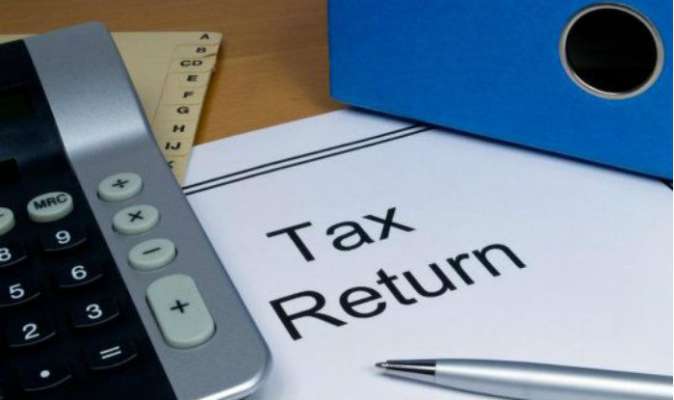What is new date extension for the filing Income Tax return? This is the common question asked by the several people on the hearing via the Central Board of Direct Taxation (CBDT) that the decision is all set to decision conveyed via Twitter in the evening of the last 26th July 2018.
This was then decided to extend the due date in order to filing income tax returns from this 31 July 2018 to 31 August 2018.
In India, every tax amnesty scheme rolled out because of the unfailing regularity is all set to have the last opportunity to come in the path of that rectitude. So, the Tax evaders, now, laughed up their sleeves and looking forward to the next amnesty scheme. Much the same was in the case with the last date for filing returns.
Wily people need to wait till this 31st March of the assessment year when the penalty regime will be begin or waited in the smug knowledge that the monsoons will be going to arrive in order to their rescue and the denouement would be put off. But this year is new and due to the new section 234F was put in place by the Finance Act 2018 saying a fee of Rs 5,000 is all set to be filed by those who file their returns, post the due date but on or before 31 December of the assessment year and Rs 10,000 for delay beyond 31 December.
Upon consideration of the matter, the Central Board of Direct Taxes (CBDT) extends the ‘Due Date’ for filing of Income Tax Returns from 31st July, 2018 to 31st August, 2018 in respect of the said categories of taxpayers.
— Ministry of Finance (@FinMinIndia) July 26, 2018
The fee has been capped at Rs 1,000 for those people whose income doesn’t exceed Rs 5 lakh. This no-nonsense regime was all set to begin from this 1 August 2018.
Anyone filing their return in this financial year 2017-18 on 1 August 2018 will be have to cough up Rs 5,000 as late filing fee lest their return that was rejected. That the new peremptory law describes it as fee and not as penalty is as important. Being a fee it has to be paid upfront and cannot wait that will be imposed as this is of the case with a penalty.
although the tweet is cryptic and does not spell out what encouraged this thaw in the rigidity of the peremptory law that make it compulsory a fee even for a day’s delay, it is clear that the Narendra Modi government is no interested to martinet image in an election year.
And yes this must also have feared the opposition jibe—common man penalised even as the Vijay Mallyas and Nirav Modis cases made some headlines in the India.
The majority of the taxpayers is actually consists of the salaried class that forms the major chunk of the middle class confront 31 July because of the last date for filing their income tax returns.
Therefore relaxation by one full calendar month is a huge relief and climb-down by the government.
There are some who wonder why the annual rigmarole of extension in a day and age that is touted as the share of the income tax returns is filed online. The monsoons might throw life pell-mell on the social media people though.
And they also aver that the solemnity of the new regime which doesn’t make it permit to mocking of the last date of filing of returns has been undermined and perhaps the BJP government must have reckoned with the political consequences of slapping a penalty (euphemistically called fee) of Rs 5,000 reportedly that is regarded as the sobering conclusion that middle class’ goodwill is more important than revenue for the any damn election.
Will this extension go on from month-to-month in an election year?
Well, time alone can be predict that whether the government feels constrained which is deal with extension by one full calendar month will at least give it a ‘sensitive government’ image. Even if it does not give further extensions still that can be relaxed the rigor by a month, didn’t we?
There can be view that is view as date mentioned in section 139(1) is sacrosanct in the context of the new penalty regime codified in section 234F so much so that even if the last date is extended, the fee of Rs 5,000/Rs 10,000 which is payable for late filing.
This is wrong because the CBDT has the power to make benevolent rules that can be go against the rigor of the Parliament-made law. In the event, because of the date under section 139(1) stands extended to 31 August 2018. By extending the due date, the CBDT has also implicitly suspended the penalty regime in A one total month.







